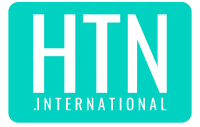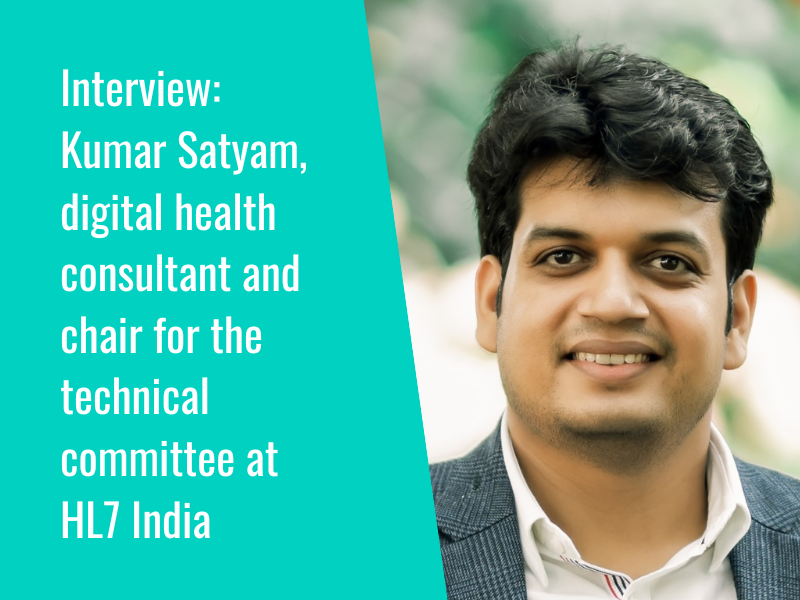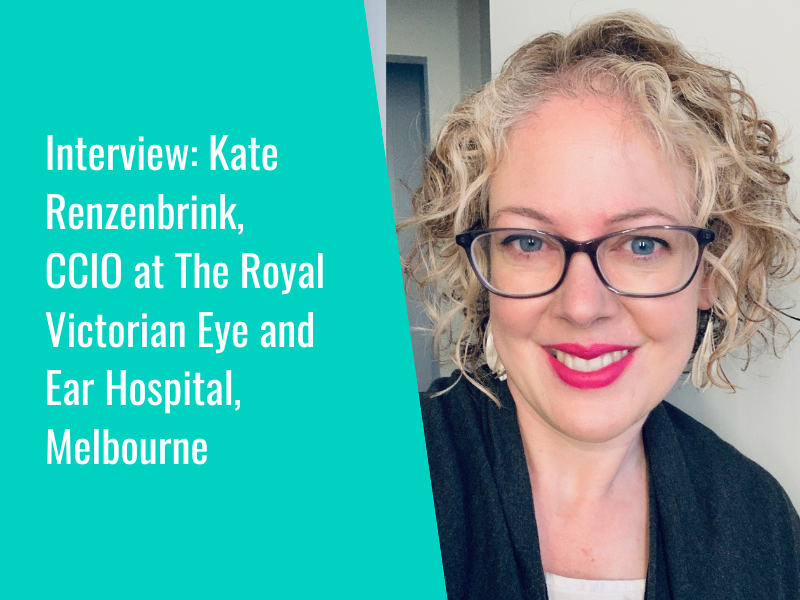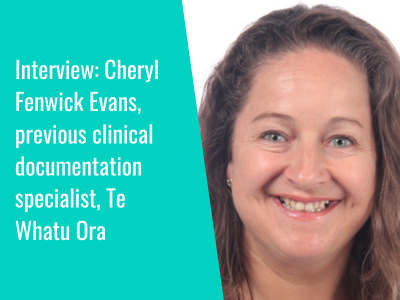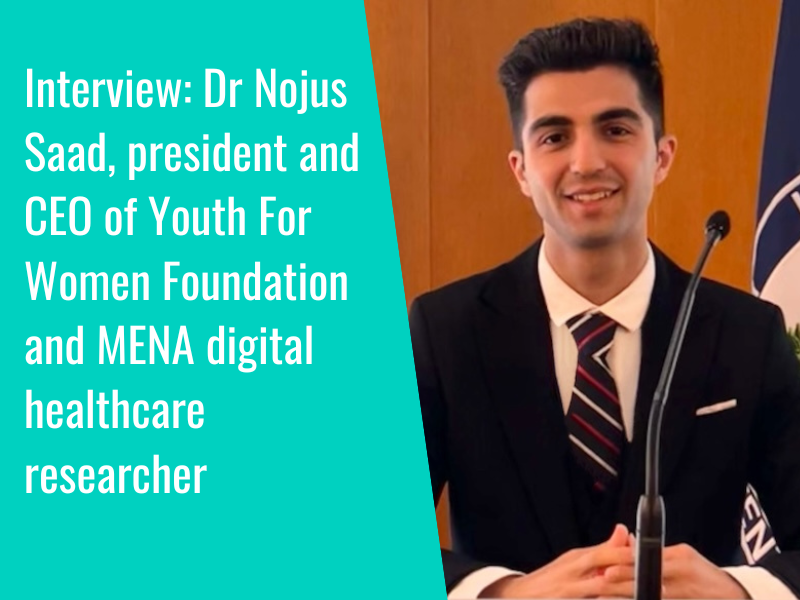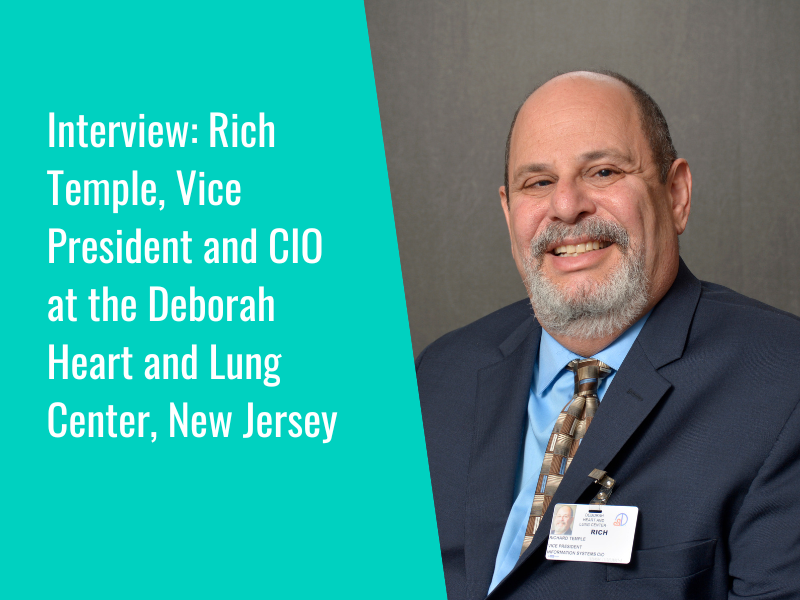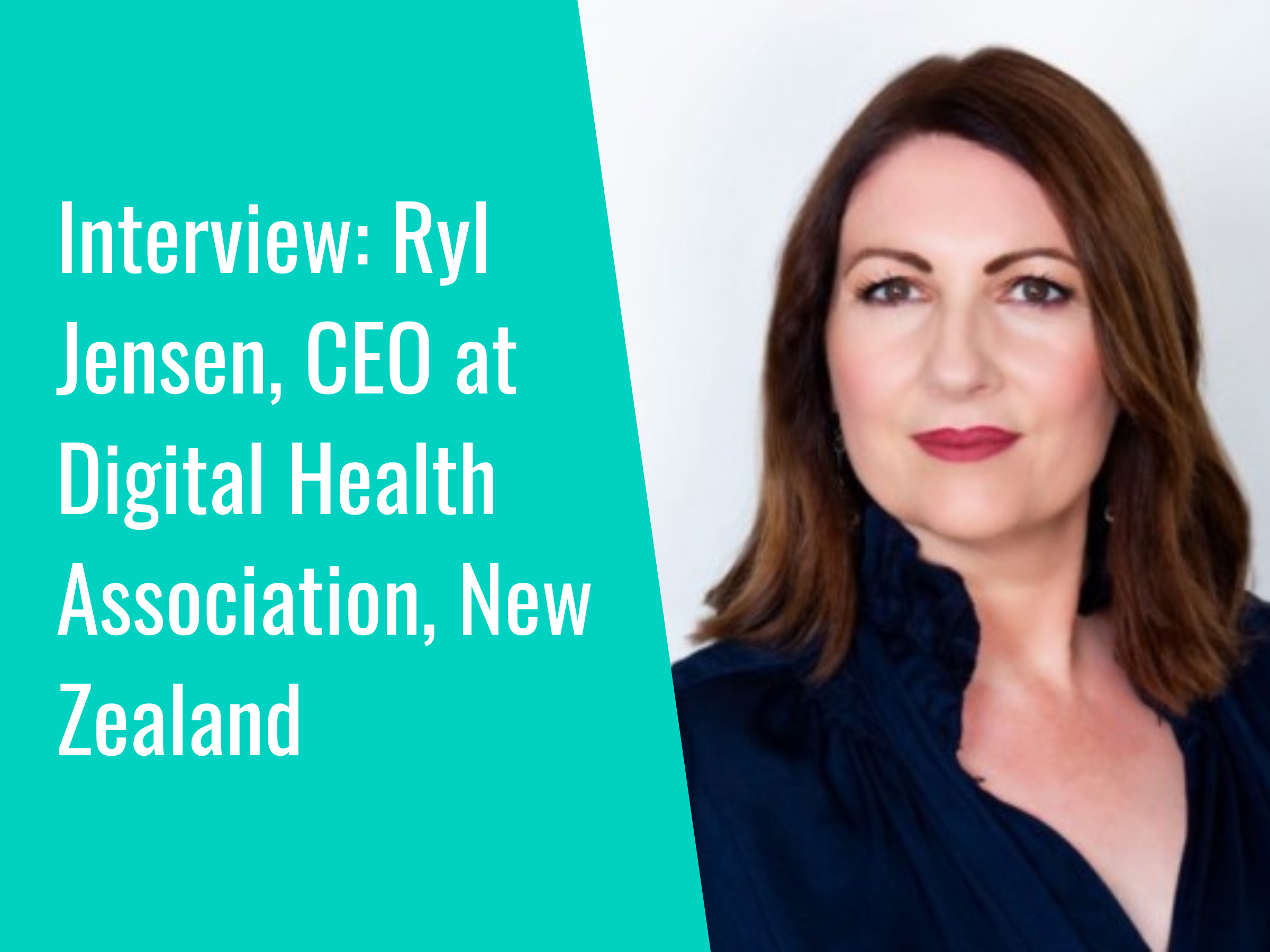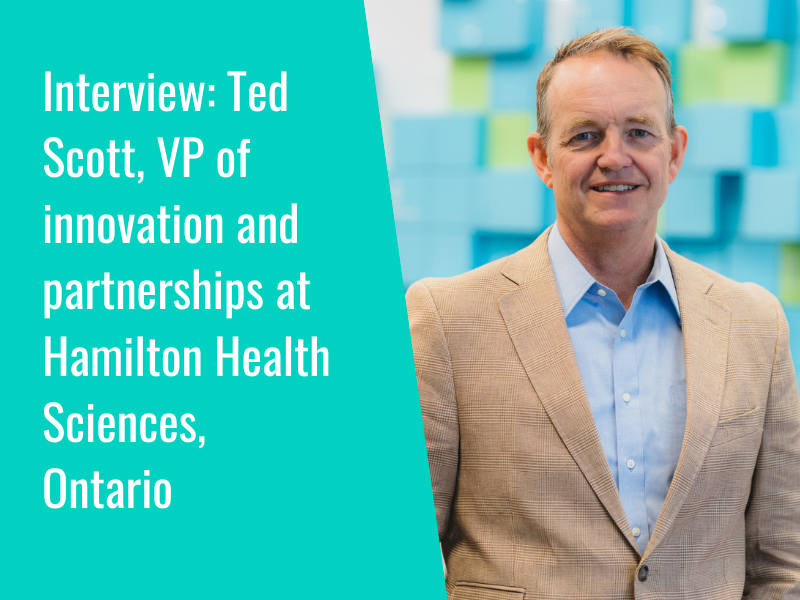We tuned in to the National Institute of Health (NIH) Research and Innovation Translation Partnerships In Point-of-Care Technologies Conference and Technology Showcase, to listen to expert panelists talking about the journey from concept to commercial availability in point-of-care technologies.
Panelists included Eric Lai, team lead of the COVID-19 rapid acceleration of diagnostics (RADx) at the NIH and Board Member of Pillar Biociences Incorporated; Teresa Abraham, VP of scientific and technical affairs at Sapphiros; and Stephanie Calderwood, science and technology manager at the Defense Threat Reduction Agency.
The panel discussed their own experiences and insights on accelerating point-of-care and home-based diagnostic technology innovation, highlighting the validation process and the challenges accompanying commercialisation.
Eric was asked by the chair, Shawn Mulvany, for his opinion on what developers should put in place to prepare for bringing products to the market. He stressed the importance of hiring the right people, outlining this as the number one priority for companies. Eric also mentioned the need for companies to understand their product, what it is for, and what the target product profile is.
Teresa followed up on this, prompted by Shawn to consider the point at which the user is considered in the design process. She shared that most companies don’t think about the user requirements early enough, in her experience, and that if she could have done something differently when working on past projects, that is what she would change. Teresa also highlighted how user requirements can help to give R&D teams guidelines for what they should be developing.
Teresa went on to discuss how, early in the process, it is important for developers to constantly be thinking about design for manufacturing, looking at how a prototype will be transitioned into a manufacturing environment.
Stephanie contributed her own perspective from work at the Defense Threat Reduction Agency, saying that developers should bear in mind that communication is the most important thing, and that sharing progress, challenges, delays, and so on, is integral to success. She highlighted that many developers may not be open about these types of things, based on concerns about losing funding.
To view the agenda for the remainder of the conference, please click here.
Also on health tech innovation, the National Institute of Health and Care Excellence (NICE) has announced the addition of two new health technology assessment (HTA) bodies to a programme of international collaboration now spanning the UK, Canada, Australia and New Zealand, which seeks to “continually learn from data and implementation by using shared opportunities and challenges”.
- 1
- 2
